Israel / Palestine
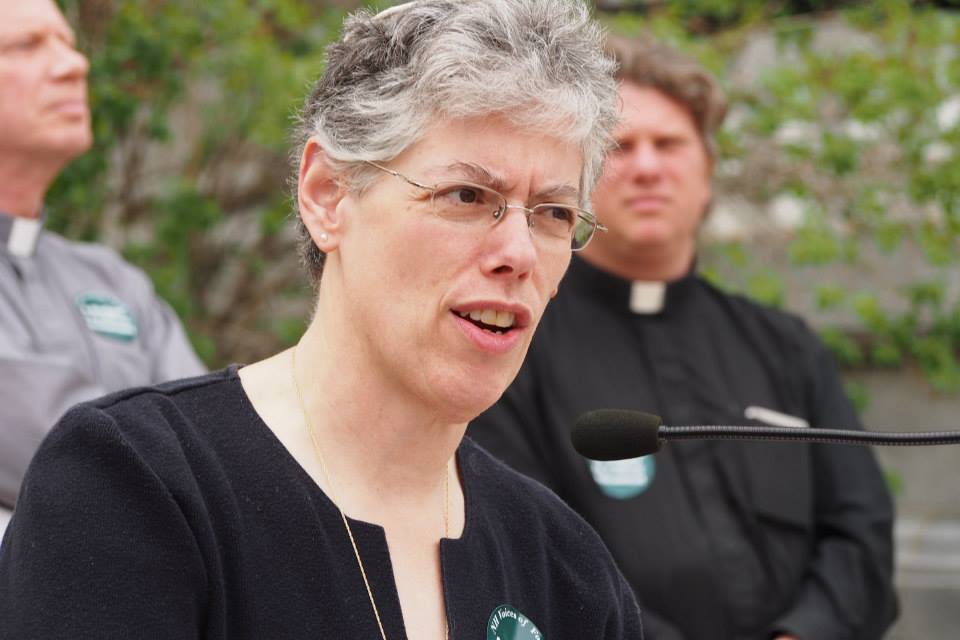
You Can’t Leave Anyone Behind
I love Israel. But I could never live in a place called “the Jewish homeland” when progressive Jews are treated as second-class citizens. In Israel, the Orthodox establishment controls matters of personal status – primarily conversions and marriages. Jews who wish to be married, religiously, by a Conservative, Reconstructionist, or Reform rabbi generally leave the...
more
Yovel Text Study: Betach (Security)
Imagine the time leading up to the sh’mita year in the ancient world. In an agricultural society, people no doubt would have been anxious: what would they eat while the land rested? Would the previous season’s crop suffice for an extra year? And before the yovel year, the anxiety must have been doubled, as the produce of the forty-eighth year would have to last for two extra years! This passage in Leviticus acknowledges this fear, and also frames the yovel year as a time to cultivate a sense of security not based on material possessions.
more
Yovel Text Study: The Land Is Mine
Each yovel—the last year of a fifty-year cycle—returns the entire land to its original owners. What might be described as radical land reform aims to prevent the development of a permanent underclass, but beyond this, expands our consciousness to understand that land is fundamentally not for sale, that on some level the entire earth belongs to God and never really to us.
more
Yovel Text Study: Jerusalem
While this series focuses primarily on yovel as a source of wisdom for how to approach the fiftieth anniversary of the Six Day War in 1967 and its aftermath, our project would not be complete without engaging with Jerusalem itself.
more
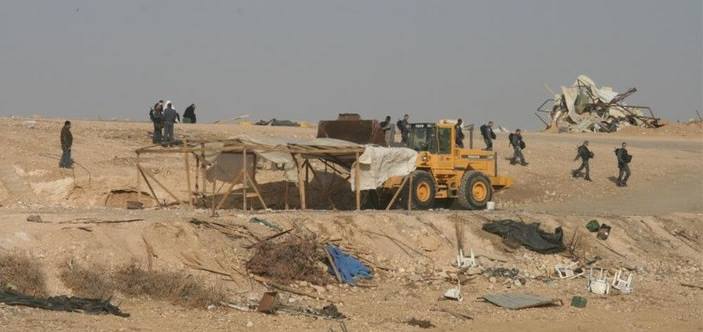
Fact Sheet about the Rights of the Bedouin in the Negev
Historical Background and Government Development
Demographics and Socio-Economic Politics
Land Disputes and the Goldberg Commission Plan, Prawer Plan, and Begin Plan
more
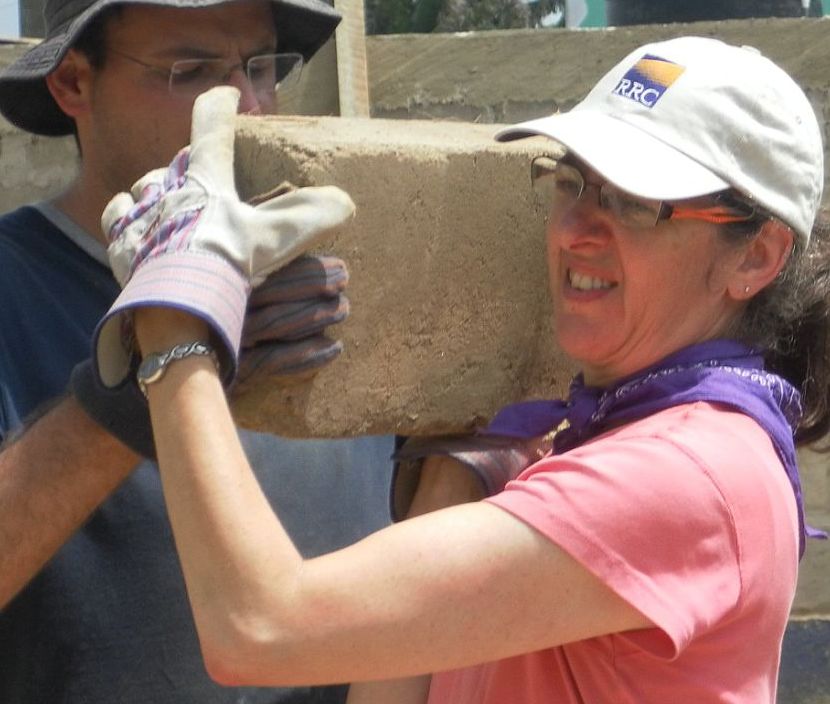
One Land, Many Names
Jacob said to his kin: Gather stones. They took stones, made a mound, and ate there by the mound. Laban called it Yegar-Sahaduta, but Jacob called it Gal-Ed. (Gen 31:46-47) Two different languages, the same name. Witness-mound. Laban’s name for the site of this peace treaty is in Aramaic; Jacob’s is in Hebrew. How did...
more
Resources from our allies: Just Vision
An introduction to the work of Just Vision and the film The Wanted 18.
more
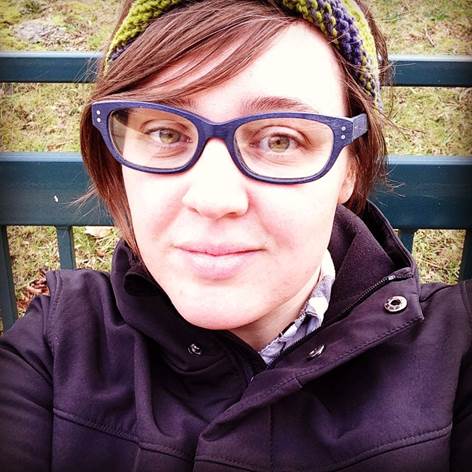
Dispossession in our text and in our world
Jewish stars spray-painted by settlers onto the deserted shops left by Palestinians after they were expelled from Shuhada Street. Bullet holes shot by settlers into the water tanks of Palestinians, who already have erratic and dramatically insufficient water supplies. The palimpsest of “Free Palestine” where settlers have spray painted bold blue stars over the green...
more
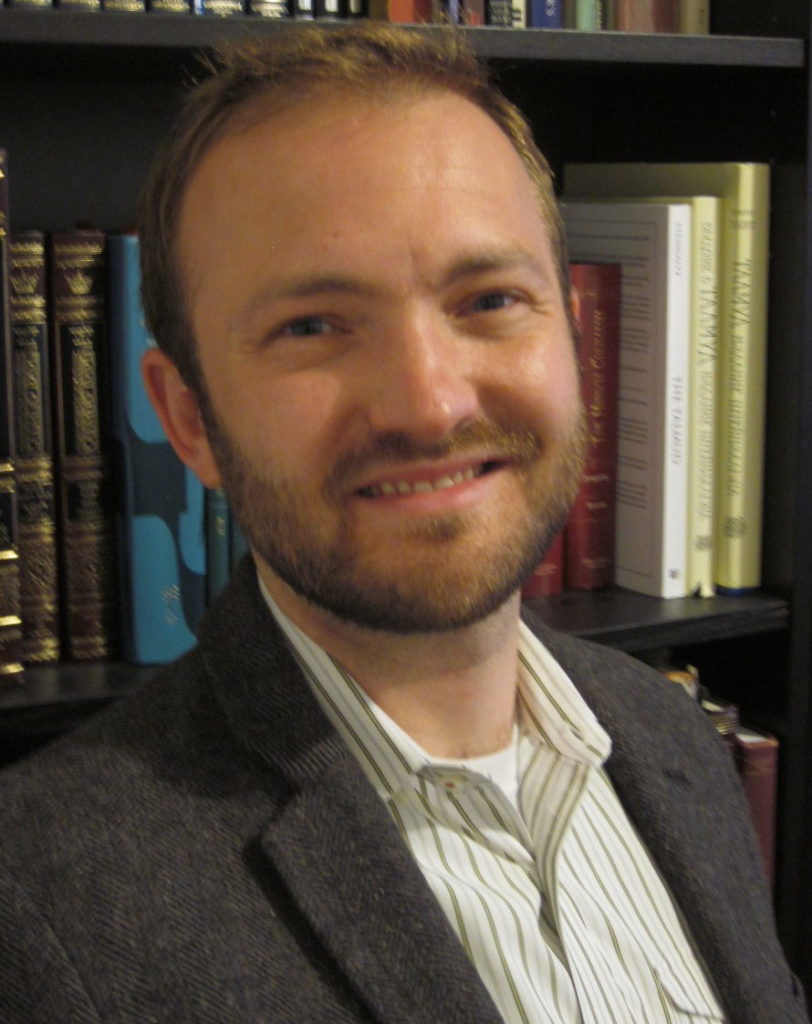
On Arendt: Creating a Zionism That Owns Its Mistakes
Hannah Arendt would find it very tricky to be a Zionist today. She was critical of David Ben Gurion’s policy of effectively ignoring the Palestinians’ sincere pursuit of national sovereignty. She advocated a Zionism that would be achieved through excellent relations with the Palestinian neighbors, rather than in spite of them. In her essay “To...
more
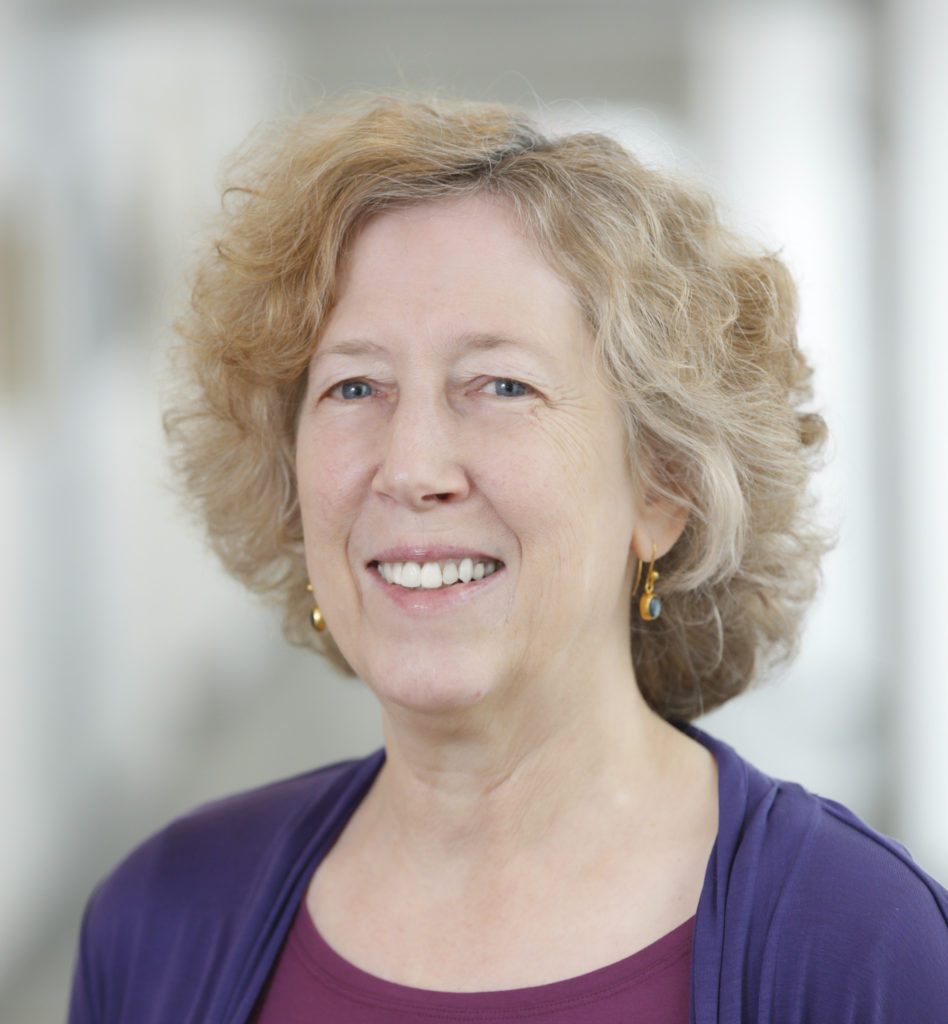
Gerim ‘R Us
No one likes to admit this, but, (deep breath) truthfully, I am prejudiced. I internalized at an early age that many kinds of people who do not look like me cannot be trusted. Even as I heard these things and thought that they were not true, the warnings lodged in my body. So much so...
more

